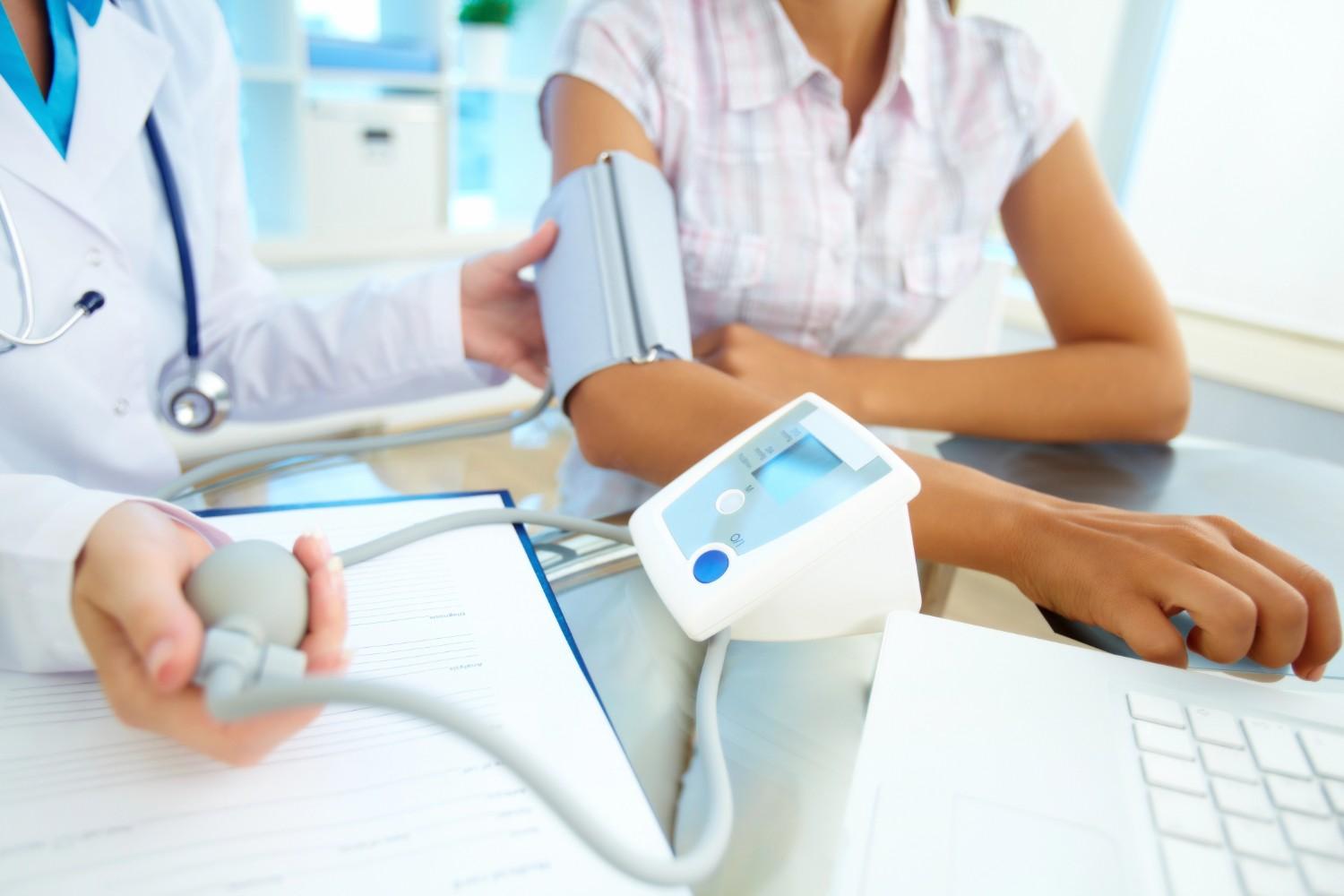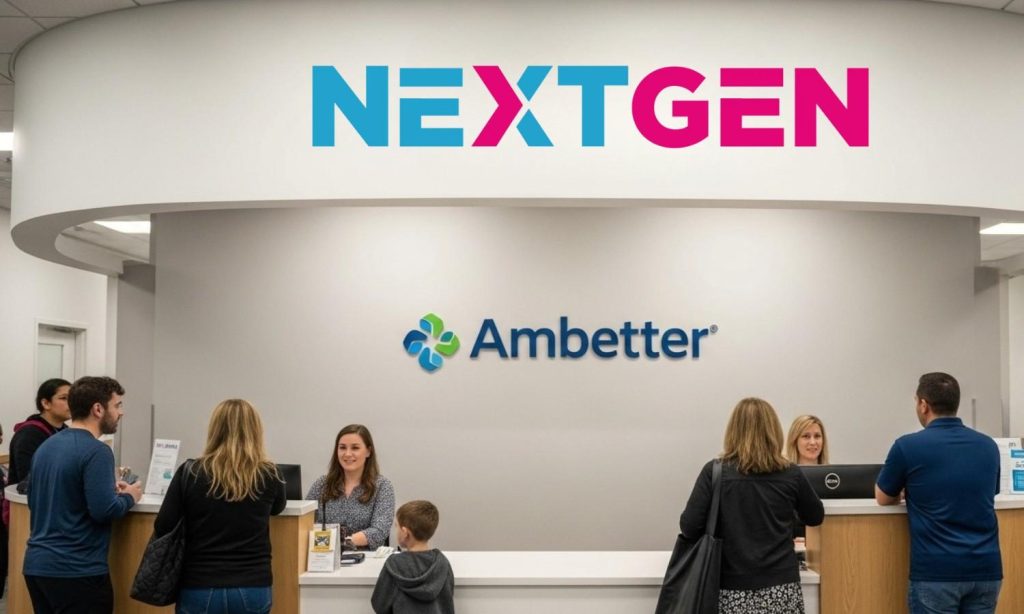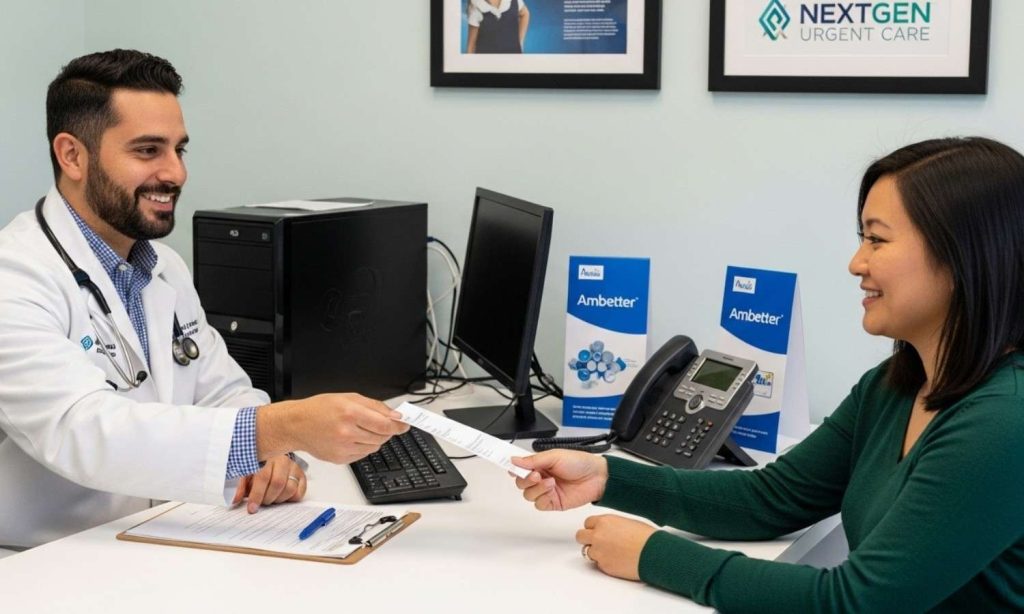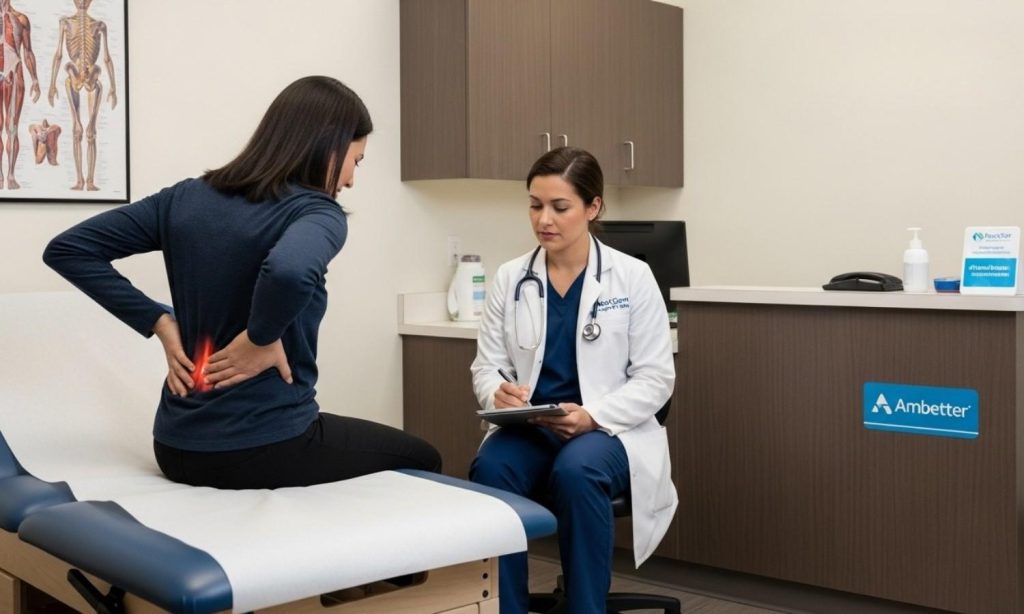Do You Need an Appointment for Urgent Care?
July 25, 2025
It’s not always easy to know where to go when you’re sick or injured. You might not be able to wait several days for a doctor’s appointment—but your issue isn’t serious enough for the emergency room. This is where urgent care clinics come in. However, many people wonder: Do I need an appointment for urgent care?
The answer, in most cases, is no—you don’t. But there are some important details to understand that can make your experience faster and more convenient. In this blog, we’ll explain how urgent care operates, when appointments can be helpful, and what options are available to reduce your wait.
What Is Urgent Care?
Urgent care is a form of medical service designed to treat non-life-threatening health issues quickly, often outside of normal business hours. These centers fill the gap between primary care physicians and hospital emergency rooms. They’re especially useful for individuals who:
- Can’t get a same-day appointment with their doctor
- Don’t have a regular doctor
- Need medical attention after hours or on weekends
Common Conditions Treated at Urgent Care
- Fever, cold, or flu symptoms
- Minor burns or lacerations
- Muscle strains and sprains
- Infections like pink eye or strep throat
- Rashes and skin irritations
- Mild asthma attacks
- Dehydration requiring IV fluids
- Minor fractures and sports injuries
Availability and Hours
Urgent care centers are often open 7 days a week, including evenings and holidays. This extended availability makes them a reliable option when primary care offices are closed.

Walk-In Policy: No Appointment Necessary
One of the most appealing features of urgent care is its walk-in convenience. Most centers allow patients to simply show up, fill out paperwork, and be seen—without the need to call ahead. This is especially helpful when:
- Symptoms develop suddenly and you want care right away
- You’re traveling and don’t have access to your regular doctor
- You’re dealing with a non-emergency that still requires prompt attention
Walk-in patients are typically seen in the order they arrive, though patients with more urgent needs may be prioritized. Still, walk-ins are fully accommodated, and most clinics are designed to manage patient flow efficiently without requiring pre-scheduled visits.
When Scheduling an Appointment Might Help
Even though appointments aren’t usually required, some urgent care centers offer optional appointment slots or online reservations to help reduce patient wait times.
Benefits of Making an Appointment:
- Faster Service: You may be seen sooner, especially if the clinic is busy.
- Time Management: If you have a tight schedule, you can choose a time that fits your day.
- Predictable Visit Length: You’ll have a better idea of how long your visit will take.
- Special Services: For certain services like vaccinations, physicals, or employer-requested testing, appointments may be required to ensure availability.
It’s also worth noting that some clinics may offer priority lanes for patients who booked ahead, which can significantly reduce how long you wait compared to walk-ins.
The Rise of Online Check-Ins
Technology has improved the way urgent care clinics manage patient flow. Many now offer online check-ins or virtual queue systems via their websites or mobile apps. This feature allows you to:
- Select a time window or “place in line”
- Fill out registration and insurance forms ahead of time
- Get real-time updates on wait times
This doesn’t always mean you’ll be seen at an exact time, but it helps clinics organize visits more efficiently—and lets patients wait comfortably at home or in their car until it’s time to come in.
Advantages of Online Check-In:
- Reduces time spent in waiting rooms
- Helps clinics forecast patient volume
- Improves patient satisfaction by streamlining care
Patients who use online check-ins often report a smoother experience, particularly during cold and flu season, when clinics tend to get crowded.
Telemedicine Options at Some Urgent Care Centers
Many urgent care providers now offer telehealth consultations, letting you connect with a provider through video call from home. This option is typically best for:
- Mild respiratory infections
- Allergies
- Skin rashes or irritations
- Medication refills
- Follow-up visits
When Telemedicine Is Not Appropriate:
- Chest pain or severe shortness of breath
- High fevers that don’t respond to medication
- Cuts that may need stitches
- Broken bones or visible swelling
- Any symptoms that may require physical tests or imaging
While telemedicine can’t replace all in-person visits, it’s a useful option for handling less complex issues or getting initial guidance before a clinic visit.
What to Expect During Your Visit
Whether you walk in or check in online, the visit process is generally straightforward:
1. Registration
Upon arrival, you’ll be asked to:
- Present a photo ID
- Provide insurance details (if applicable)
- Complete forms regarding symptoms and medical history
2. Evaluation and Triage
A nurse or medical assistant may briefly assess your symptoms and take vital signs like temperature and blood pressure. This helps staff prioritize more urgent cases.
3. Examination
You’ll be seen by a medical provider—a doctor, physician assistant, or nurse practitioner—who will examine your condition and recommend appropriate treatment or tests.
4. Testing or Imaging
Many urgent care clinics have on-site capabilities for:
- Rapid flu or COVID-19 tests
- Urinalysis and blood work
- X-rays
- Pregnancy tests and STD screening
5. Diagnosis and Treatment
You’ll receive a diagnosis and be given a treatment plan. This might include:
- Prescriptions
- Wound care or splinting
- Referrals to specialists, if needed
- Home care instructions
6. Discharge
Before leaving, staff will review instructions and answer any questions. Some clinics provide a printed summary of the visit for your records.

Do Insurance or Payment Policies Affect Appointments?
In most cases, insurance does not impact whether or not you can walk in. However, specific services or policies may have conditions, such as:
- Certain employer-required tests (e.g., drug screening) may need an appointment
- Clinics offering special promotions or discounts might require scheduled visits
- If using Medicaid or state-funded programs, clinics may have rules around documentation or eligibility that are easier to verify with an appointment
If you’re paying out-of-pocket, it’s worth asking about self-pay pricing or discounts that may vary depending on the type of visit or timing.
Urgent Care vs. Primary Care vs. ER: A Quick Comparison
| Feature | Urgent Care | Primary Care | Emergency Room |
| Appointment Required | No | Yes | No |
| Hours of Operation | Extended hours, weekends | Weekdays only | 24/7 |
| Wait Time | Moderate | Varies, usually scheduled | Can be long |
| Cost | Moderate | Lower | Highest |
| Ideal Use | Minor injuries and illnesses | Routine and chronic care | Serious emergencies |
Understanding these differences helps you make the right choice, depending on your health situation.
Choosing the Right Urgent Care Center
Here are tips for selecting a good urgent care provider:
- Read reviews: Look for consistently positive patient feedback.
- Check accepted insurance: Not all centers accept every plan.
- Explore services: Some clinics offer more specialized care like pediatrics or occupational medicine.
- Use online tools: Look for clinics with virtual check-in or telehealth options.
Having a preferred clinic identified ahead of time can reduce stress when you actually need care.
NextGen Primary Care Doctor Walk-in Clinic Houston & Urgent Care Serving the Mahatma Gandhi District Community and Beyond in Houston
NextGen Primary Care Doctor Walk-in Clinic Houston & Urgent Care is dedicated to serving the diverse needs of the local community of Houston, including individuals residing in neighborhoods like Mahatma Gandhi District. With its convenient location near landmarks such as AL NOOR MASJID Mosque and major intersections like Southwest Freeway & Westward Street (coordinates: 29.72148607703787, -95.49332766422881), we offer Urgent Care that accepts Ambetter Houston services.
Get Urgent Care that accepts Ambetter Houston Services at Mahatma Gandhi District Now
Navigate from Mahatma Gandhi District to NextGen Primary Care Doctor Walk-in Clinic Houston & Urgent Care Now
Final Thoughts:
Urgent care clinics offer fast, flexible treatment options for a wide range of non-emergency medical issues. In most situations, you do not need an appointment—you can walk in and be seen the same day. That said, using online check-in or booking ahead (when available) can make the experience faster and more predictable.As healthcare continues to adapt to modern needs, urgent care centers have become essential for patients seeking affordable, accessible, and efficient care without the long wait or high costs associated with emergency rooms.If you or a loved one needs care that can’t wait, don’t hesitate to use urgent care—whether you schedule ahead or just walk in, these clinics are ready to help.
Frequently Asked Questions (FAQs)
1. Do I need an appointment to visit an urgent care clinic?
No, most urgent care clinics accept walk-in patients without requiring an appointment. You can typically visit any time during their open hours. However, some clinics offer optional appointments or online check-ins to help reduce wait times.
2. Will I be seen faster if I make an appointment at urgent care?
Yes, in many cases, making an appointment or checking in online can reduce how long you wait. It helps the clinic organize patient flow, especially during busy times like evenings or flu season.
3. Can I use urgent care for conditions like infections, minor injuries, or flu symptoms?
Absolutely. Urgent care is designed for non-emergency issues such as cold or flu symptoms, minor cuts, sprains, mild asthma attacks, and infections. For life-threatening emergencies, you should go to the ER.
4. What’s the difference between online check-in and an appointment at urgent care?
Online check-in typically allows you to reserve a spot in line and fill out paperwork ahead of time, but it doesn’t guarantee a fixed appointment time. An actual appointment reserves a specific time slot, which may be offered for certain services.
5. Do urgent care centers accept insurance, and will it affect whether I need an appointment?
Most urgent care clinics accept a wide range of insurance plans. Your insurance coverage usually doesn’t require you to make an appointment, but it’s always a good idea to confirm with the clinic, especially for specialized services or if you’re a self-pay patient.
Primary Care Join a team that’s passionate about compassionate, patient-first care. At NextGen Primary Care, your work truly makes a difference every day. or Call Us at (281) 888-7289
Related Posts
How Late Is Urgent Care Open?
Does Urgent Care Prescribe Pain Meds?
Should I Go to Urgent Care for Back Pain?
Walk In Anytime. We’re Ready
Whether it’s a sudden illness, minor injury, or something that just can’t wait — we’re here to provide fast, compassionate care when you need it most. No long waits, no unnecessary stress — just quality healthcare, right when it matters.
Convenient
Location
Call or Walk-In.
No Appointment Needed
Extended Hours,
7 Days a Week




